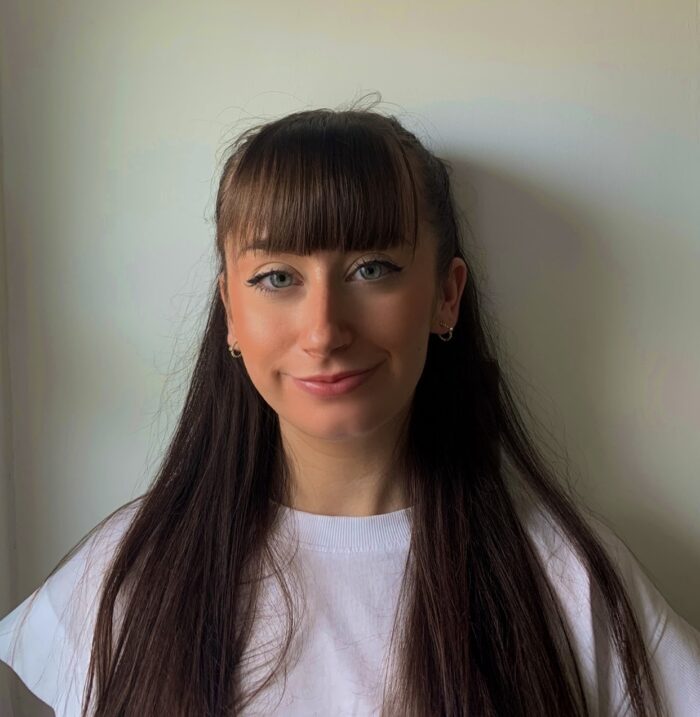Published on: August 30, 2022

Compass Phoenix emotional wellbeing practitioner Charlotte Box has delivered a workshop to colleagues about the neuroscience behind an holistic approach to mental health and wellbeing.
Charlotte, who is Phoenix’s specialist lead area in neuroscience and childhood development, explained that stress hormones – toxic stress – actually inhibit the growth of the brain in early childhood, which has a corresponding affect on how the child is able to function.
She said research showed that exposure to toxic stress for young people over a long period of time impedes the brain’s developmental structure and also the child’s ability to learn normally.
This can happen if physical needs are not being met – they may be going hungry or thirsty. Also if their emotional needs are not being met – if their caregiver is not giving them sufficient reassurance.
Charlotte said: “I hope that my micro workshop will help practitioners like myself to feel more confident in the ways we adopt working with young people. For example, making sure that all their needs are met and not just looking at the emotional wellbeing side.”
She said the neuroscientific evidence further encouraged staff to work with other services to ensure that the child’s needs are met.
And she concluded: “I hope the information encourages practitioners to continue using our holistic approach which has been validated by the research that I brought to the micro workshop.”

